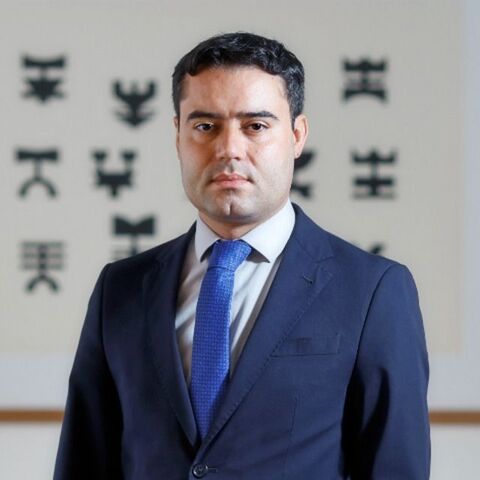Even before filing for in-court reorganization in June 2019, Odebrecht had started selling out assets to make cash in an attempt to survive the so-called “Operation Car Wash” probe and its aftermath. But what are the risks potential investors have to consider when assessing investments in companies involved in corruption probes in Brazil?
The Clean Company Act provides that, except in cases of fraud, liability for fines and damages of companies that merge with or buy entities involved in wrongdoings is limited to the value of the assets transferred to such investor. Other sanctions, such as prohibition to participate in public bids, may not be imposed upon the relevant investor.
In theory this ensures predictability and limits the extent of liability that may arise from the investment made. The problem is that the Clean Company Act is only one among several statutes that vest a large number of authorities with concurring jurisdiction to impose sanctions on companies involved in corruption cases. The Public Probity Act, Public Procurement Act, Federal Court of Auditors Act and Competition Act do not contain similar provisions.
As a result, the acquisition of assets from companies involved in wrongdoings or the merger with one of them bring the risk that the resulting entity or the investor may be held liable for very large sums in damages and fines, along with other sanctions.
Two circumstances may mitigate this risk: (i) if the target company has already entered into leniency or settlement agreements with authorities that have the power to impose the harshest sanctions on it; and (ii) if the assets are being purchased in the context of in-court reorganization proceedings.
Indeed, pursuant to the Business Insolvency Act, the restructuring plan may provide for corporate spin-offs, asset sales and other means to rescue the debtor, and in case any such business units or assets are transferred through a court-supervised sale, then investors will not succeed the sellers in their obligations or liability related to previous facts.
As to the purchase of assets from companies that have already executed agreements with authorities, experience shows that companies that have settled with the Federal Controller’s Office, the Federal Attorney’s Office, CADE (the antitrust authority) and the Federal Prosecutor’s Office have been able to mitigate or exclude their exposure to additional sanctions and damage claims from other authorities.
To be clear, there is no guarantee that authorities will not impose additional sanctions in the future; but there is a strong bona fide argument to the effect that no further sanctions are to be imposed.
The decision on the part of investors should be contingent upon a review of the agreements already executed by the company being probed and upon a thorough assessment of the specific sanctions and damages claims to which the company and the investor may still be subject.


































